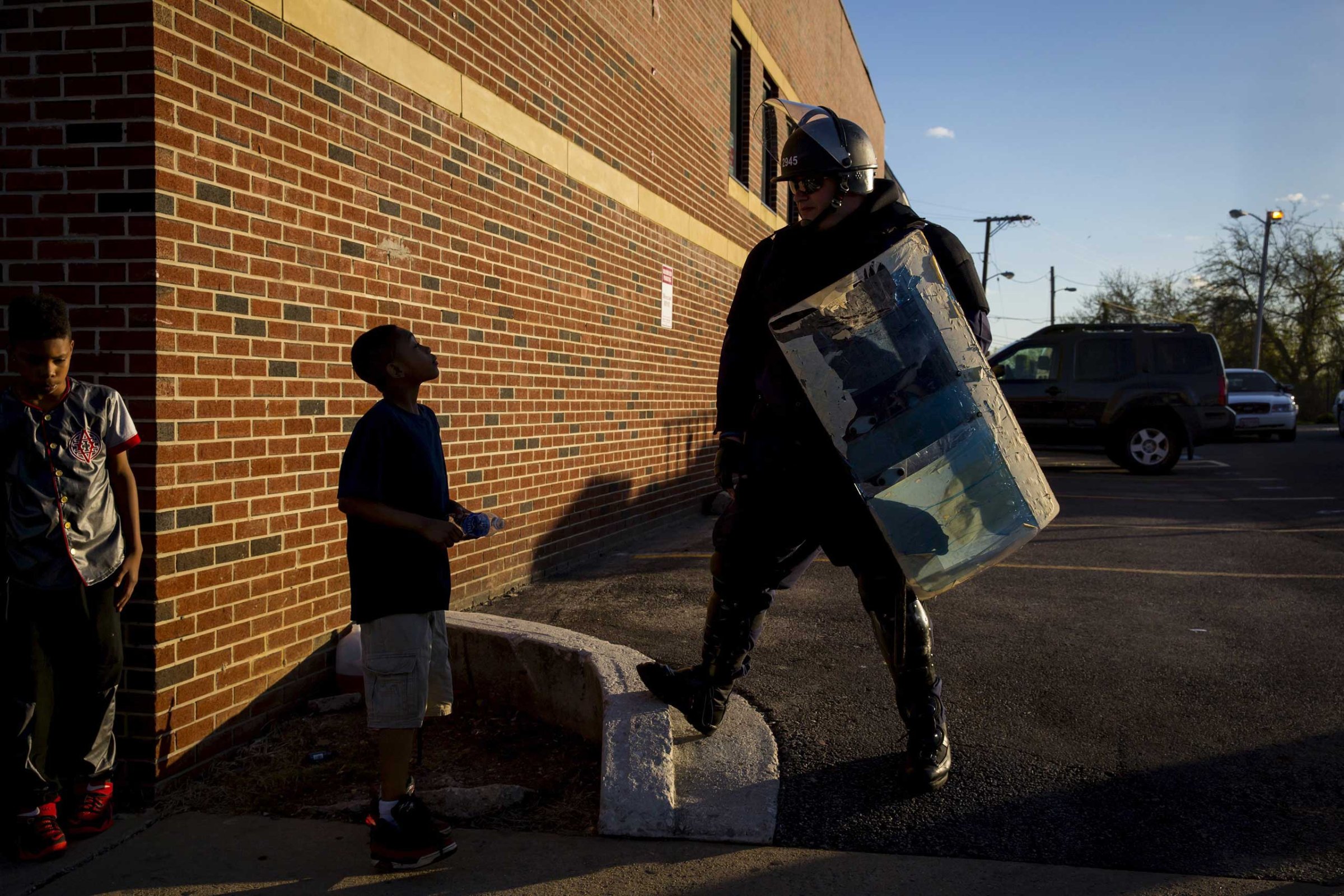
When I see what’s going on in Baltimore, I can’t help but think about times past. In the 1960s, we had to learn certain things, like non-violence. We wanted people to see the problems, feel the problems and know that they were real. We prepared for years to deal with the problems. And then we acted on them, and we did it with a method, a means, a process.
Today, there’s no force that is dealing with the problem in most communities. The young people aren’t the problem. The community created the problem by letting things go. The young are not heard until they cry out like this, until they hit the street, until they force the city to hear itself. Nothing is going to really change until the community comes together and works together.
We’ve got enough resources. We’ve got enough education. We’ve got enough ability to organize. We have agencies in government, but they too seldom have the budget. The city will pay for more police, but it won’t pay for more of the people who understand the issues.
We need more social workers and fewer policemen, if we’re going to spend our money properly. Policemen or troops can’t cure our issues. It has to be done down the line, deeper into the community than policemen can go. Policemen are only service people.
The people who are receiving government salaries think that when they do the work downtown, in the office, that that’s supposed to be it. That can never be it. They need to know what the community is thinking, what it is suffering from. We need to have workshops for the leadership so that they understand not only the problem but also a cure for the problem. We did that 50 years ago. We actually taught the leadership. We went into the churches and taught the ministers and their top people. And they in turn moved on that together to make a difference.
Black people have suffered for years and years. Poor white people have suffered for years. We all have to find a way end it, to solve it.
Baltimore Protests, Then and Now
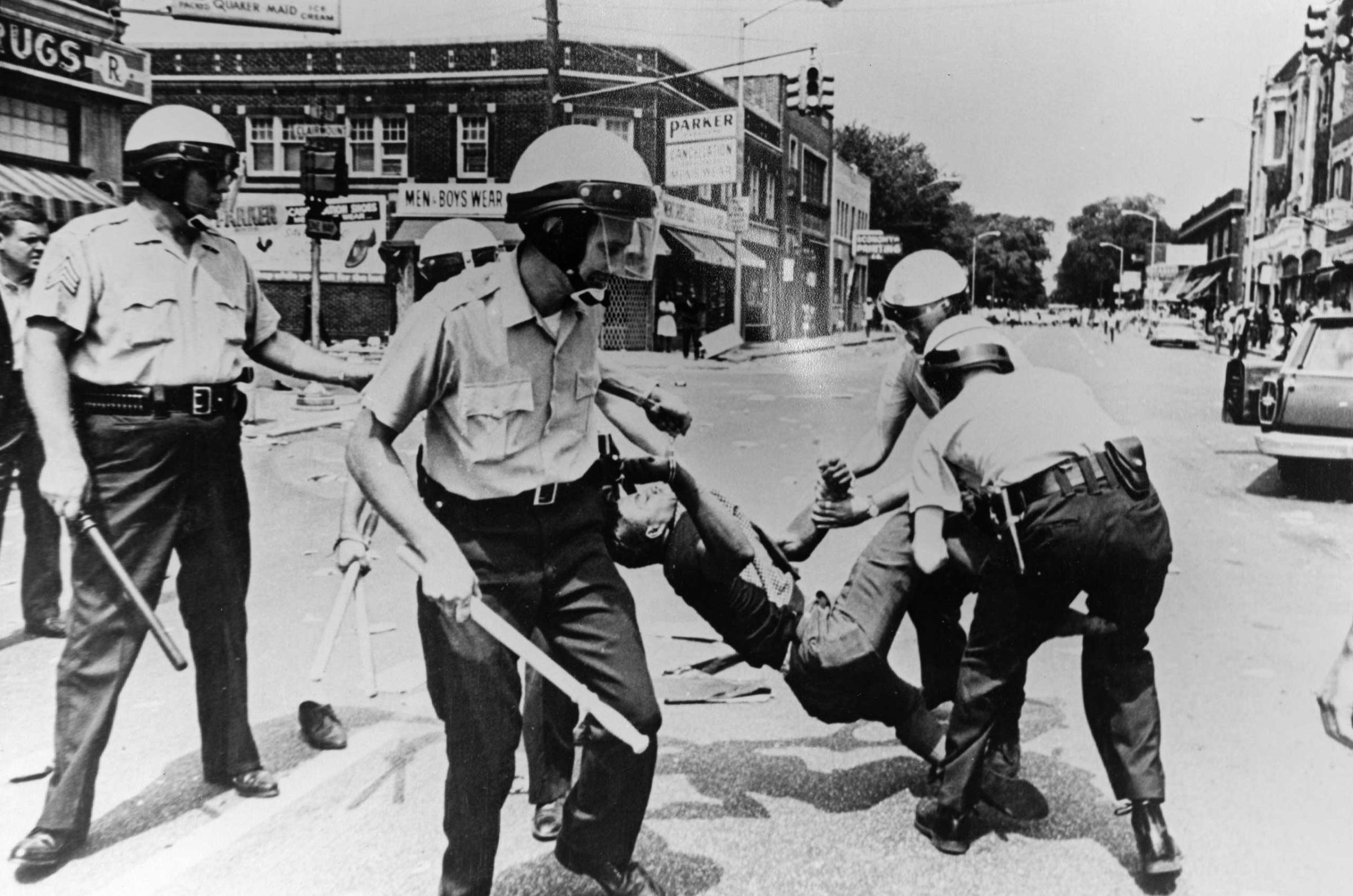
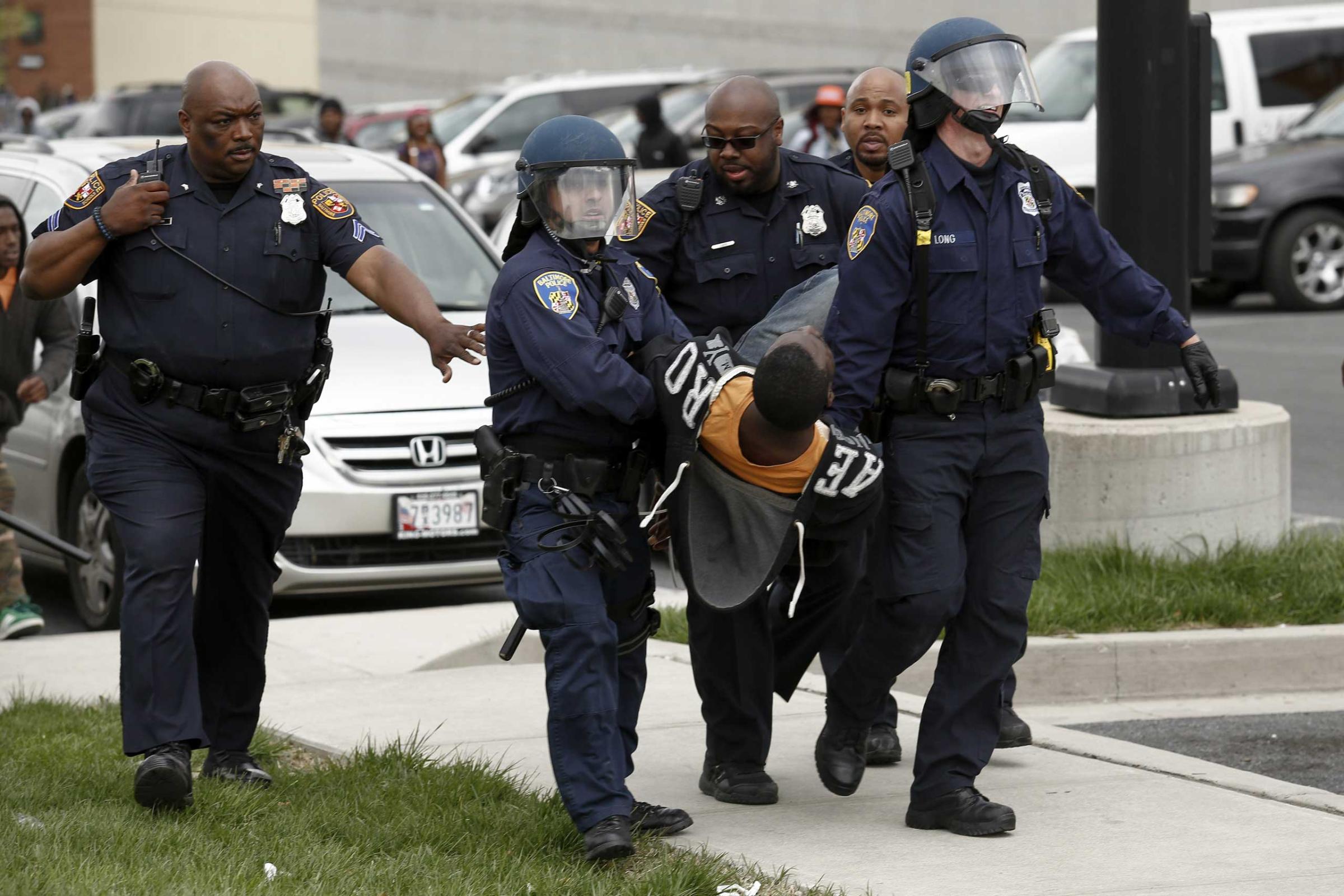
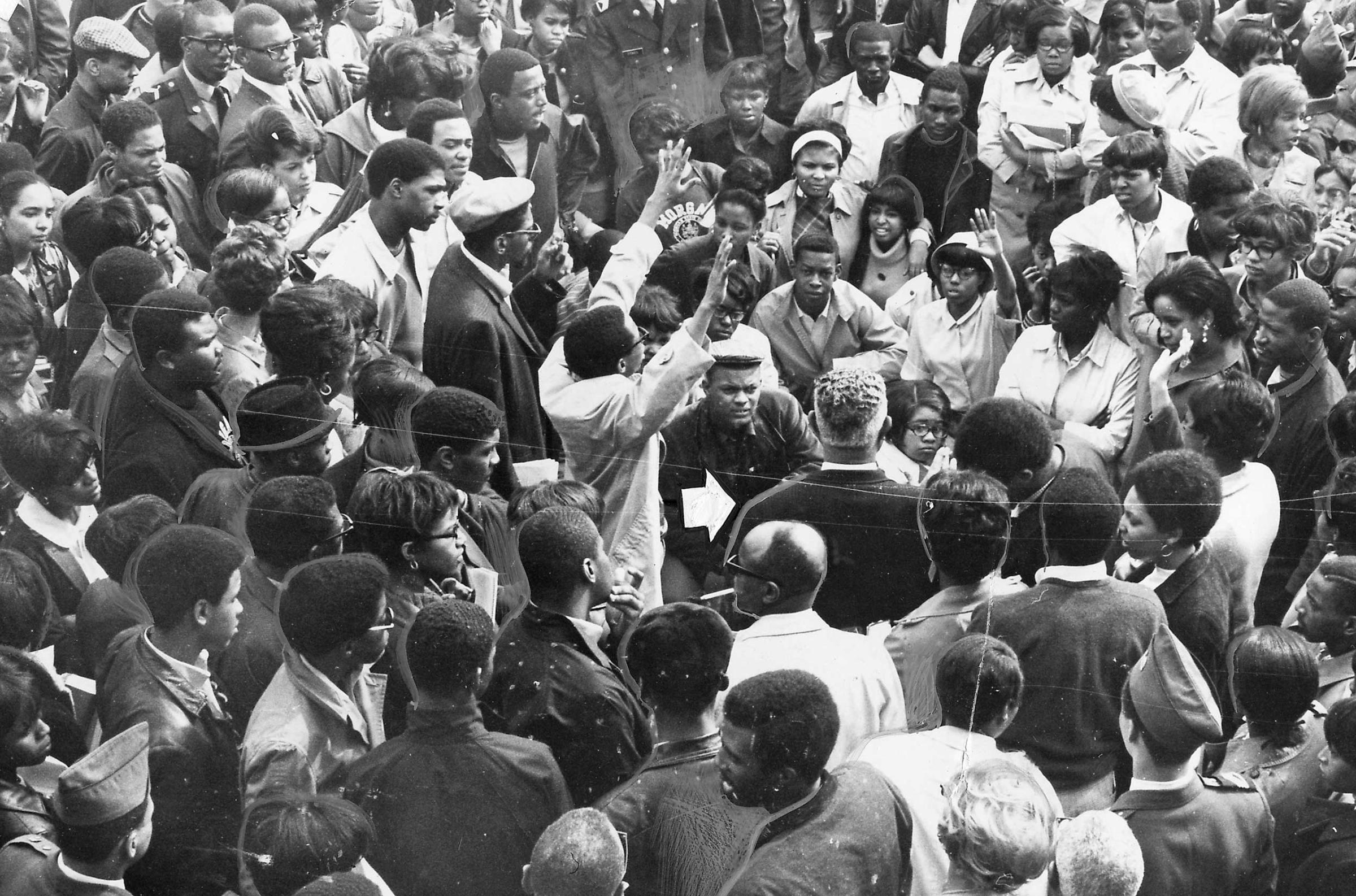
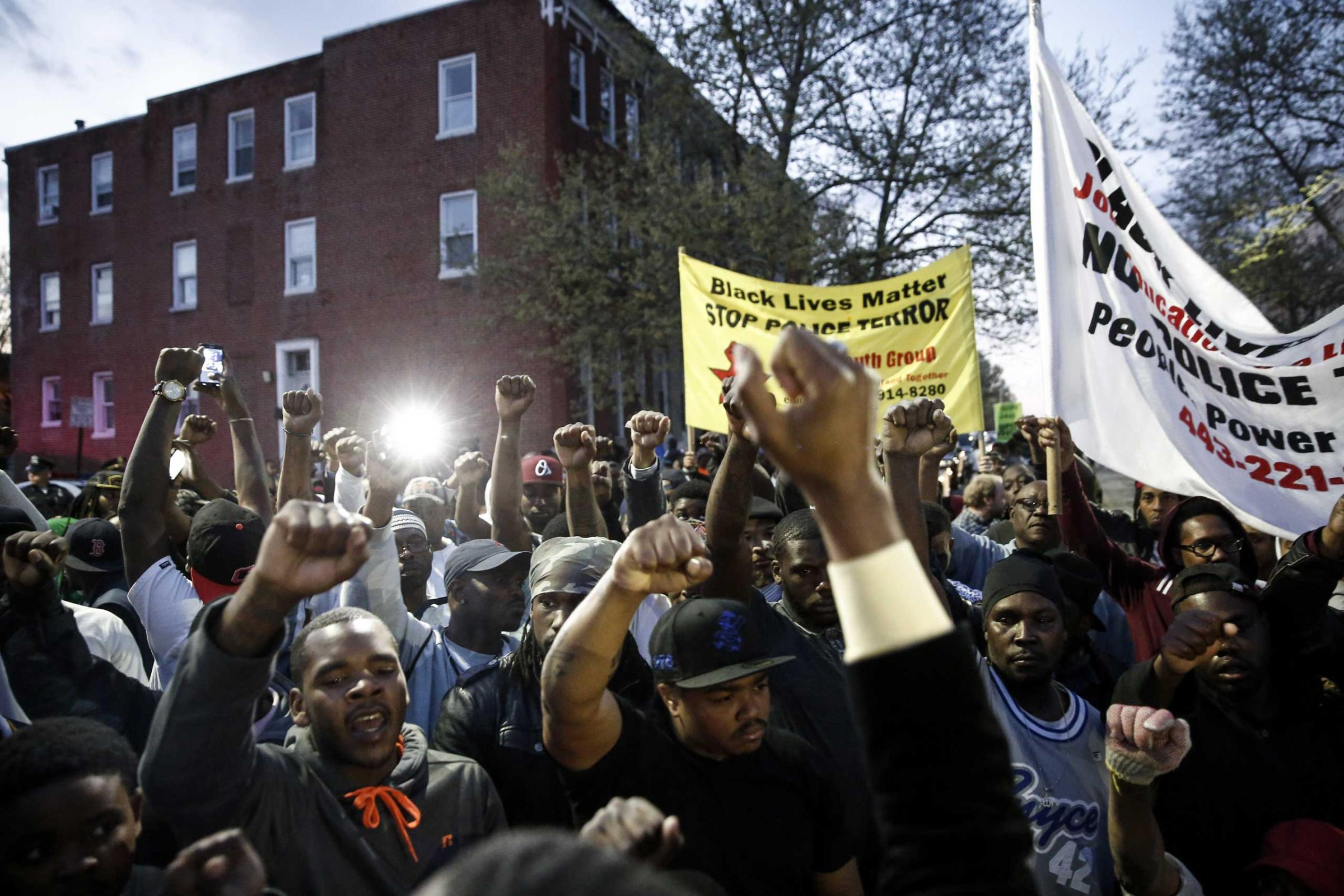
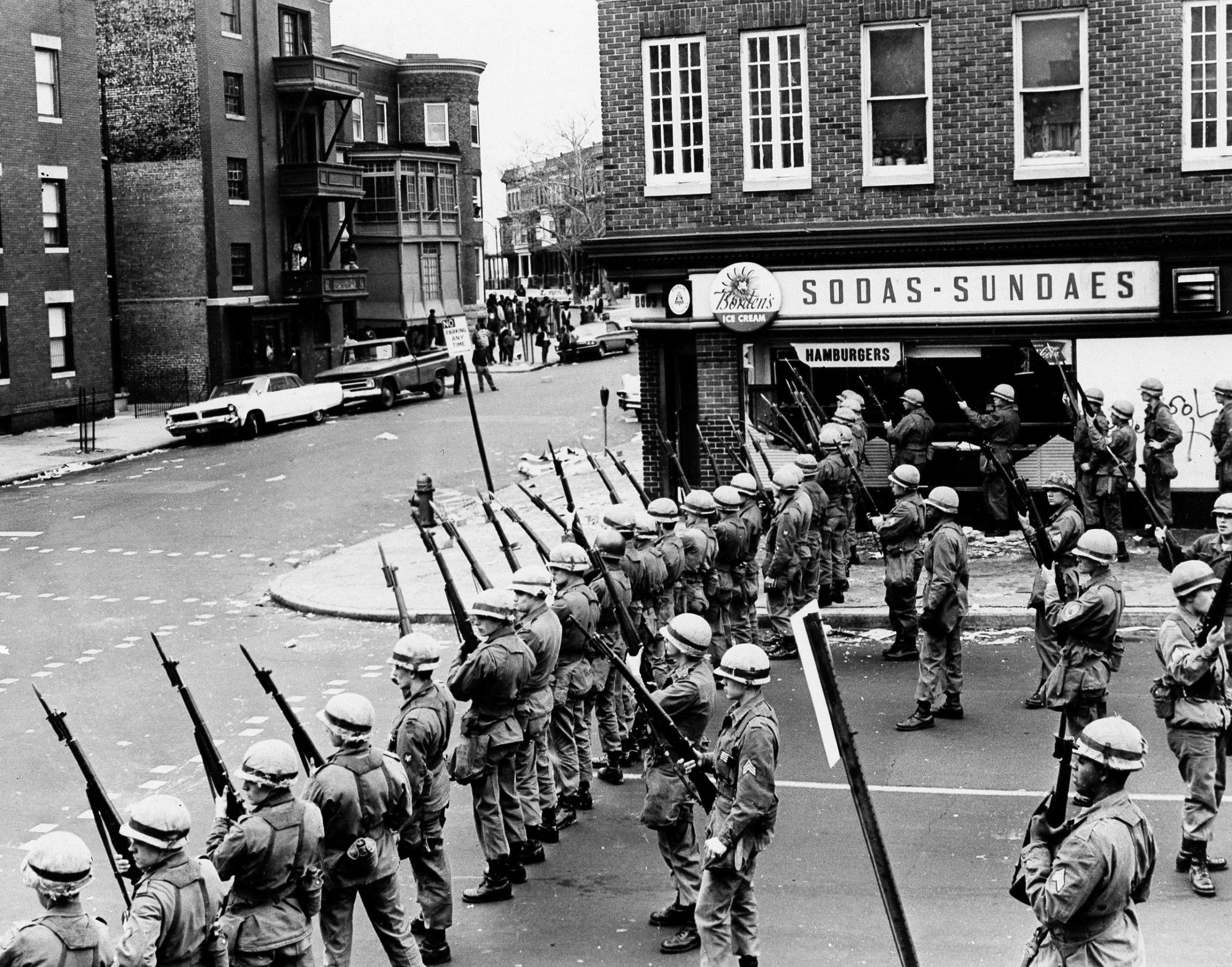
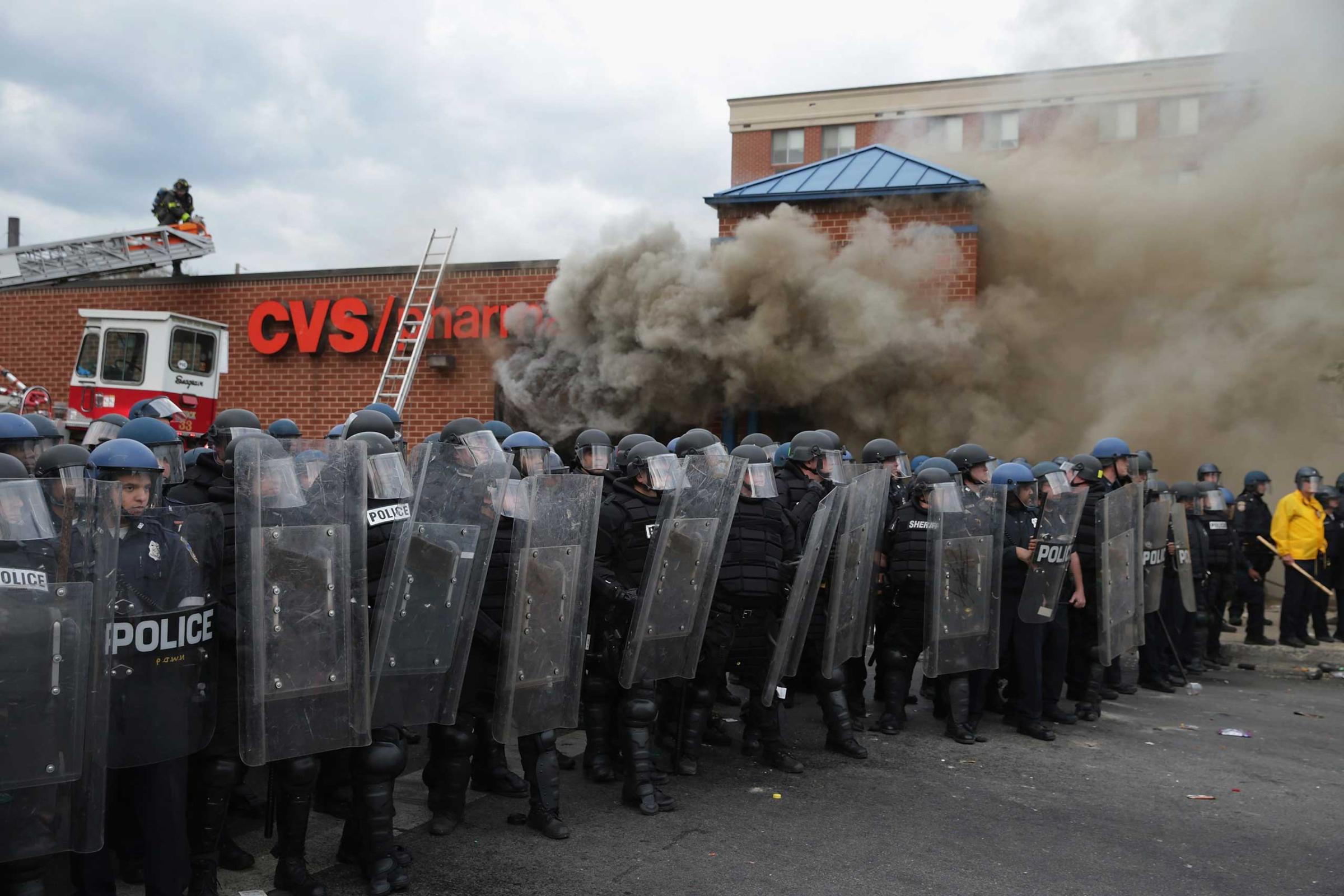
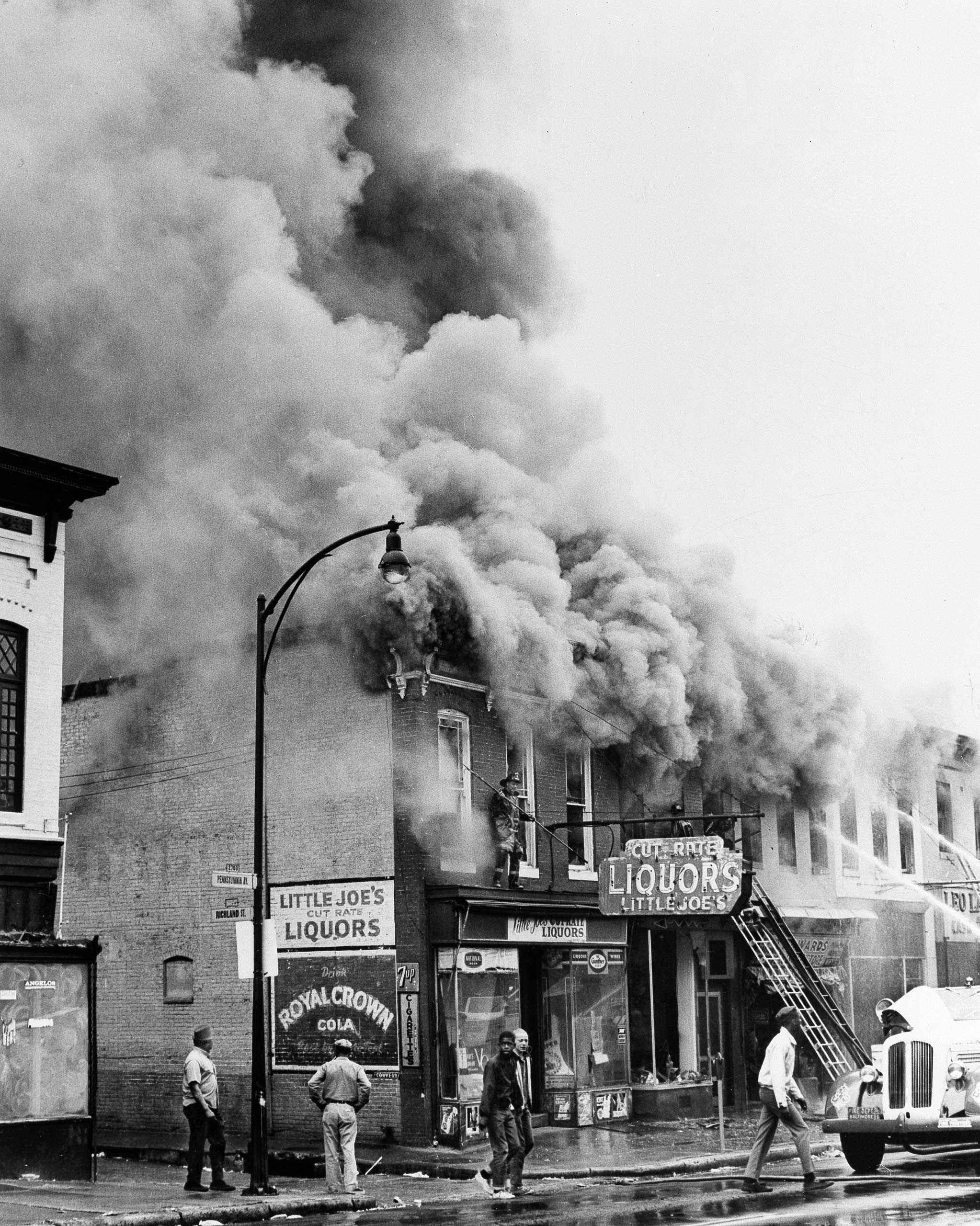
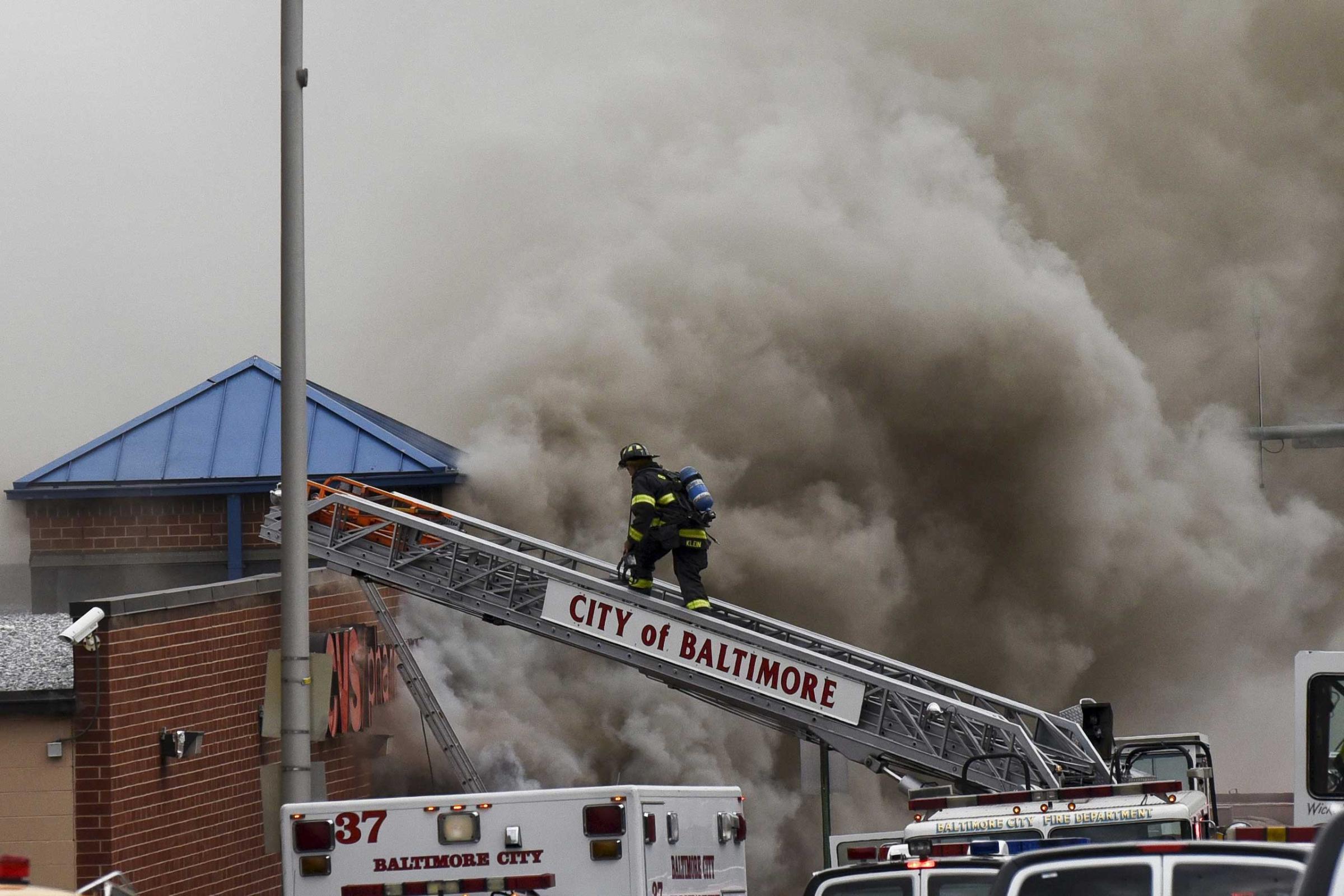
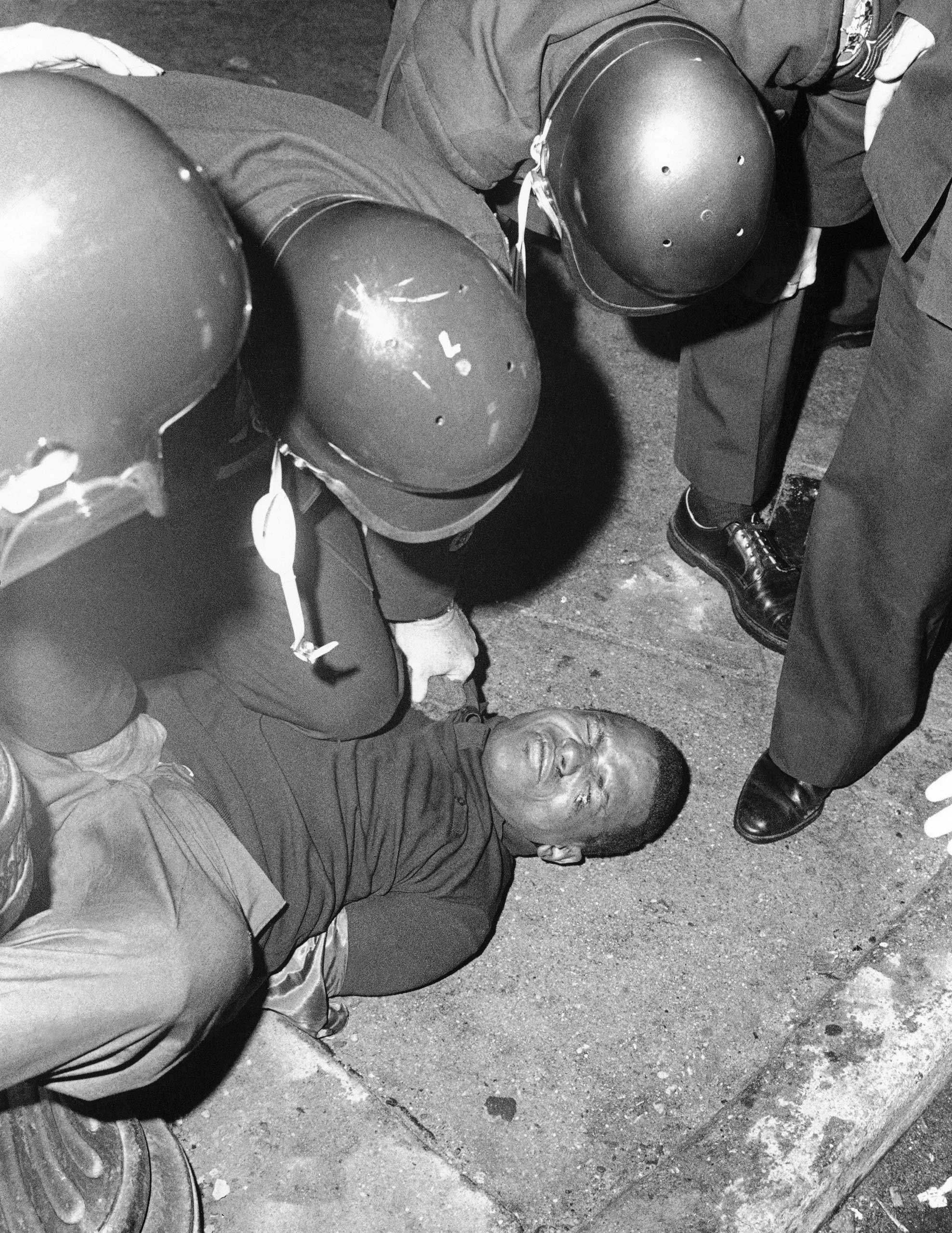
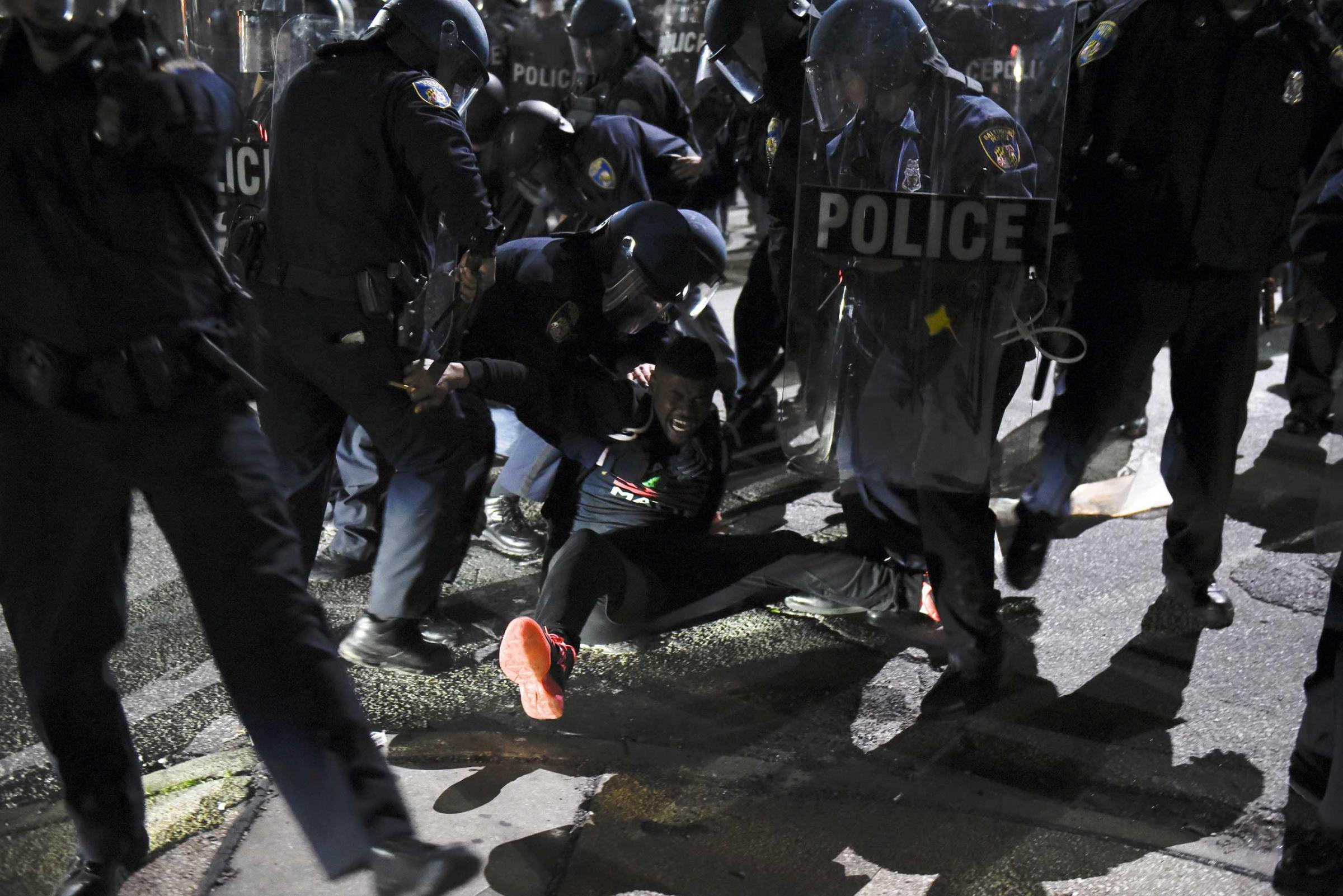
More Must-Reads from TIME
- Why Trump’s Message Worked on Latino Men
- What Trump’s Win Could Mean for Housing
- The 100 Must-Read Books of 2024
- Sleep Doctors Share the 1 Tip That’s Changed Their Lives
- Column: Let’s Bring Back Romance
- What It’s Like to Have Long COVID As a Kid
- FX’s Say Nothing Is the Must-Watch Political Thriller of 2024
- Merle Bombardieri Is Helping People Make the Baby Decision
Contact us at letters@time.com